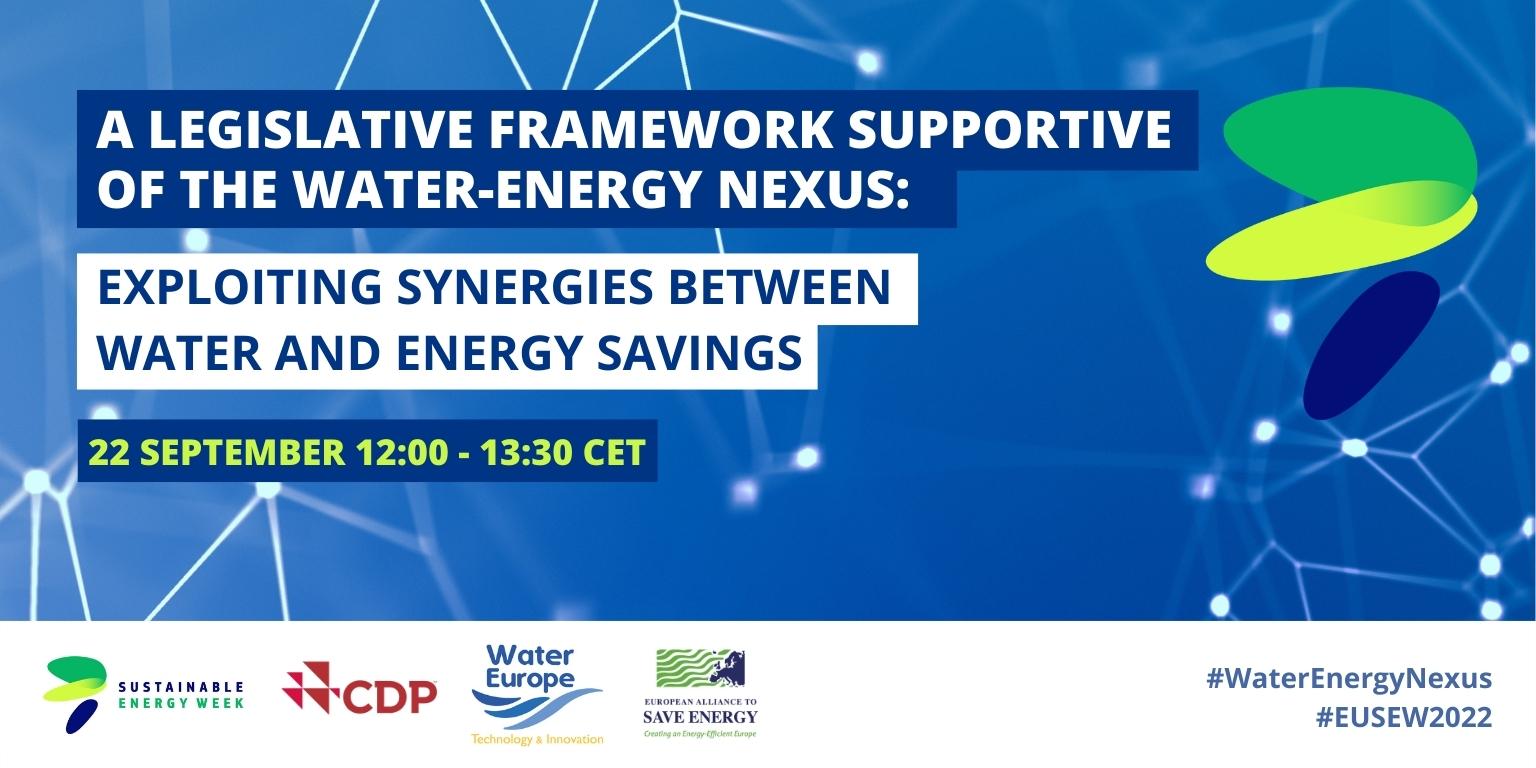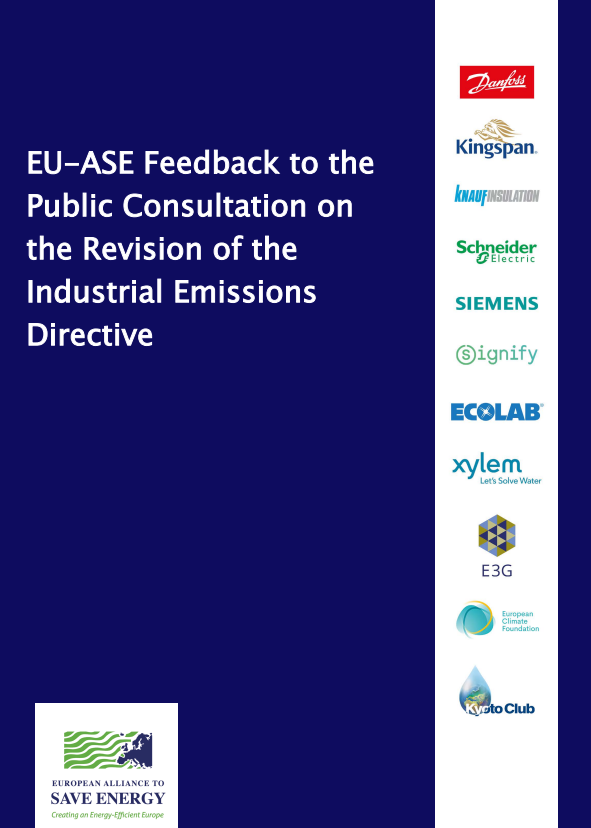EU-ASE reaction to Extraordinary EU Energy Council

Today, EU energy ministers called on the Commission to adopt emergency measures to help mitigate high energy prices. Concerning the reduction of energy demand, the Council agreed to call for measures for coordinated electricity demand reduction across the EU and to design measures to help solve the issue of decreased liquidity.
The Russian invasion of Ukraine has strongly reduced Europe’s energy supply availability, notably of imported fossil gas. This has been fuelling a rampant increase in prices and energy bills. In August 2022, gas prices reached 340 EUR/MWh. As a reference, in August 2021, the same price was around 40 EUR/MWh. As a consequence of the rising cost of input fuels, benchmark electricity prices in Europe have also surged by almost 300% in 2022.
EU-ASE welcomes the reduction of electricity demand by introducing a mandatory target to reduce power consumption at peak hours. This can help in activating demand-side flexibility and to better optimise consumption.
However, we are disappointed of the lack of cohesion demonstrated by the Council. It is going to be very difficult to face the raising energy prices without a much more determined solidarity and common action on the very design and structure of the energy system. This is going to be even more urgent seeing the acceleration of the climate crisis.
The Council shows little ambition to further commit towards long-term energy demand reduction through energy efficiency measures. The EU needs a stronger plan with structural reforms fostering energy savings in the short and long term, in line with the objectives of the Fit for 55 package and the European Green Deal. The EU’s response cannot only be to call for behavioural changes while diverting more resources into fossil fuel infrastructure.
“Reducing our energy demand is essential to prepare for the next winter. Energy efficiency measures reduce costs for households and businesses and can be implemented faster than many other supply-side and infrastructural measures” says Monica Frassoni, president of the European Alliance to Save Energy (EU-ASE). “Thanks to existing energy efficiency solutions, we can address in the short-term the current crisis and, in the longer-term, support the switch to renewable energy sources.”
Recently, EU-ASE developed a catalogue of short to mid-term energy efficiency measures that, if implemented, can phase out the EU’s dependency on imported Russian fossil fuels.
Improving the energy efficiency of the whole energy system is the best way to ensure a cost-effective reduction of energy demand while stimulating sustainable economic growth and job creation. It is also the best way to ensure energy system security, independence and avoid future external energy shocks.
Read the full press release here.
Media contact:
Antoan Montignier
+32 499 84 97 28
antoan.montignier@euase.eu
About us
The European Alliance to Save Energy (EU-ASE) is a cross-sectoral, business-led organisation that ensures that the voice of energy efficiency is heard across Europe. EU-ASE members have operations across the 27 Member States of the European Union, employ over 340.000 people in Europe and have an aggregated annual turnover of €115 billion.



